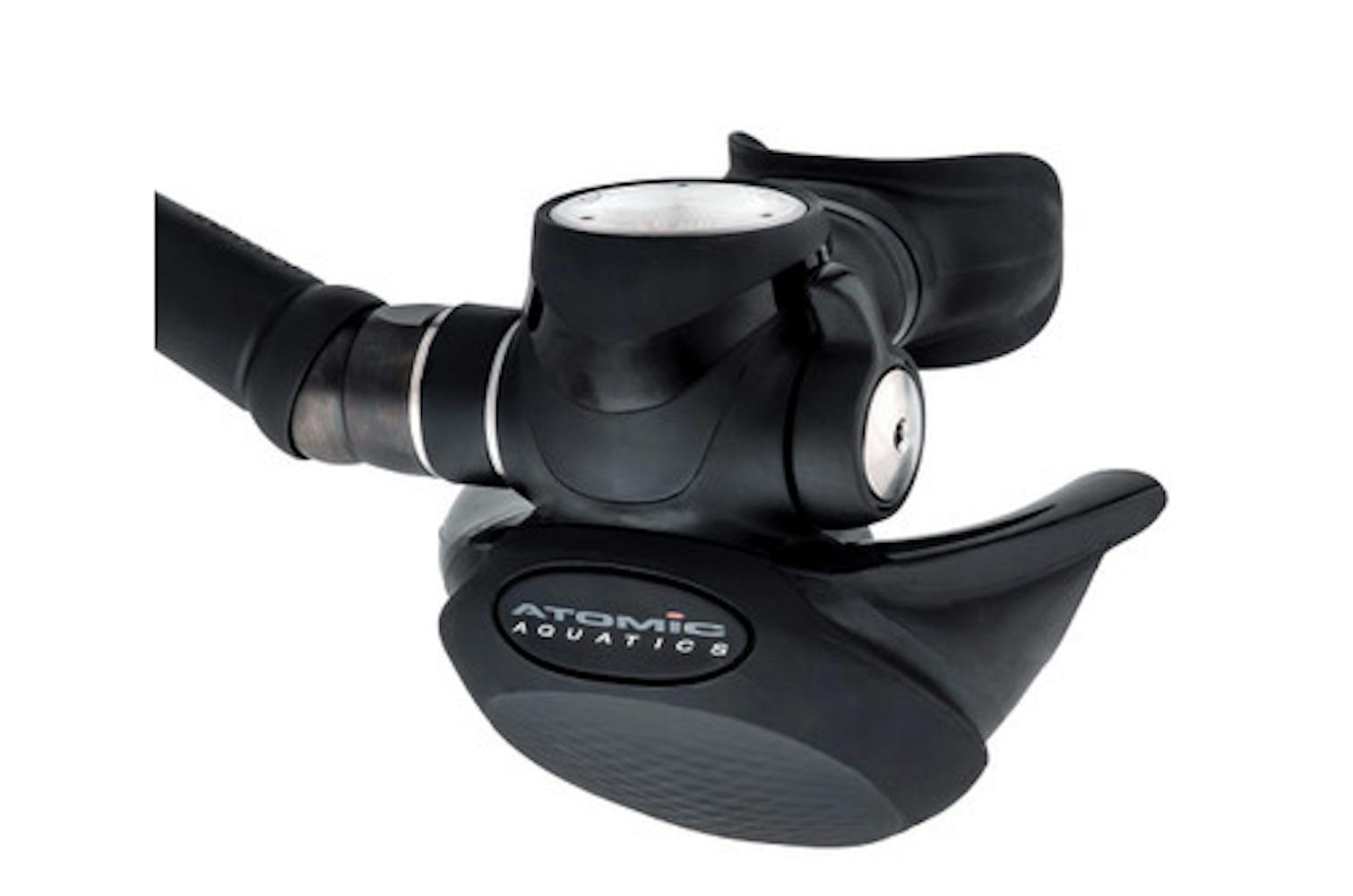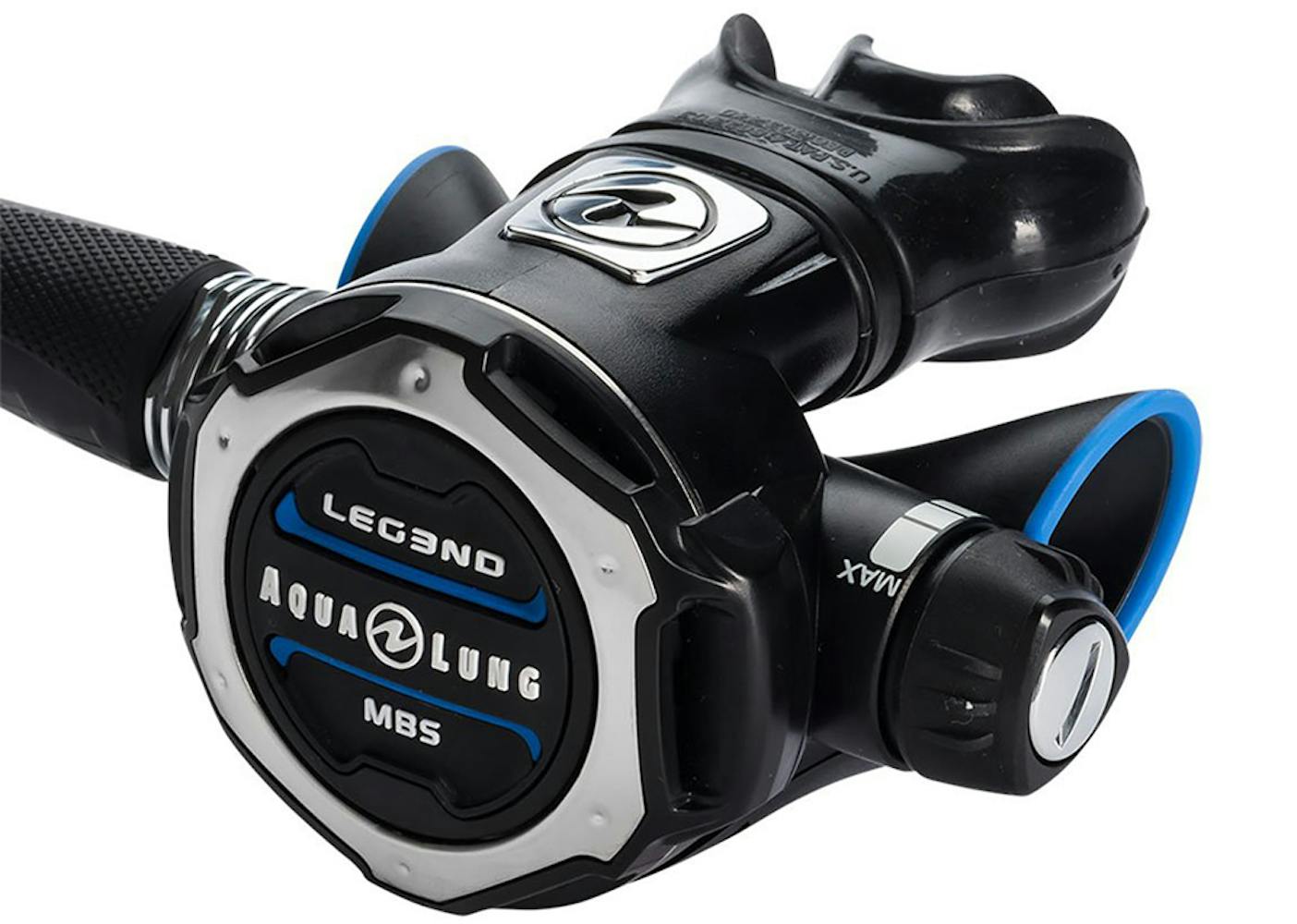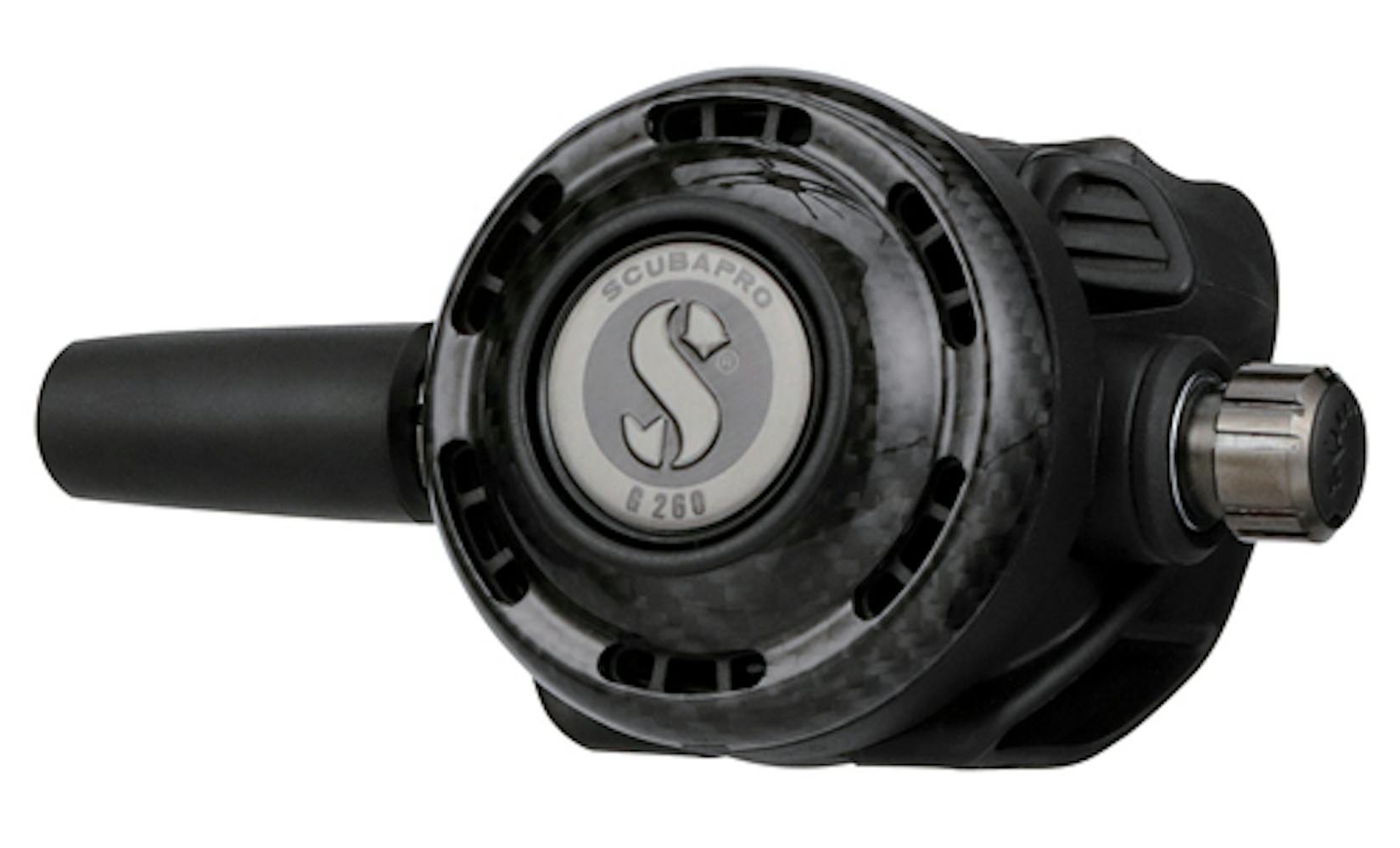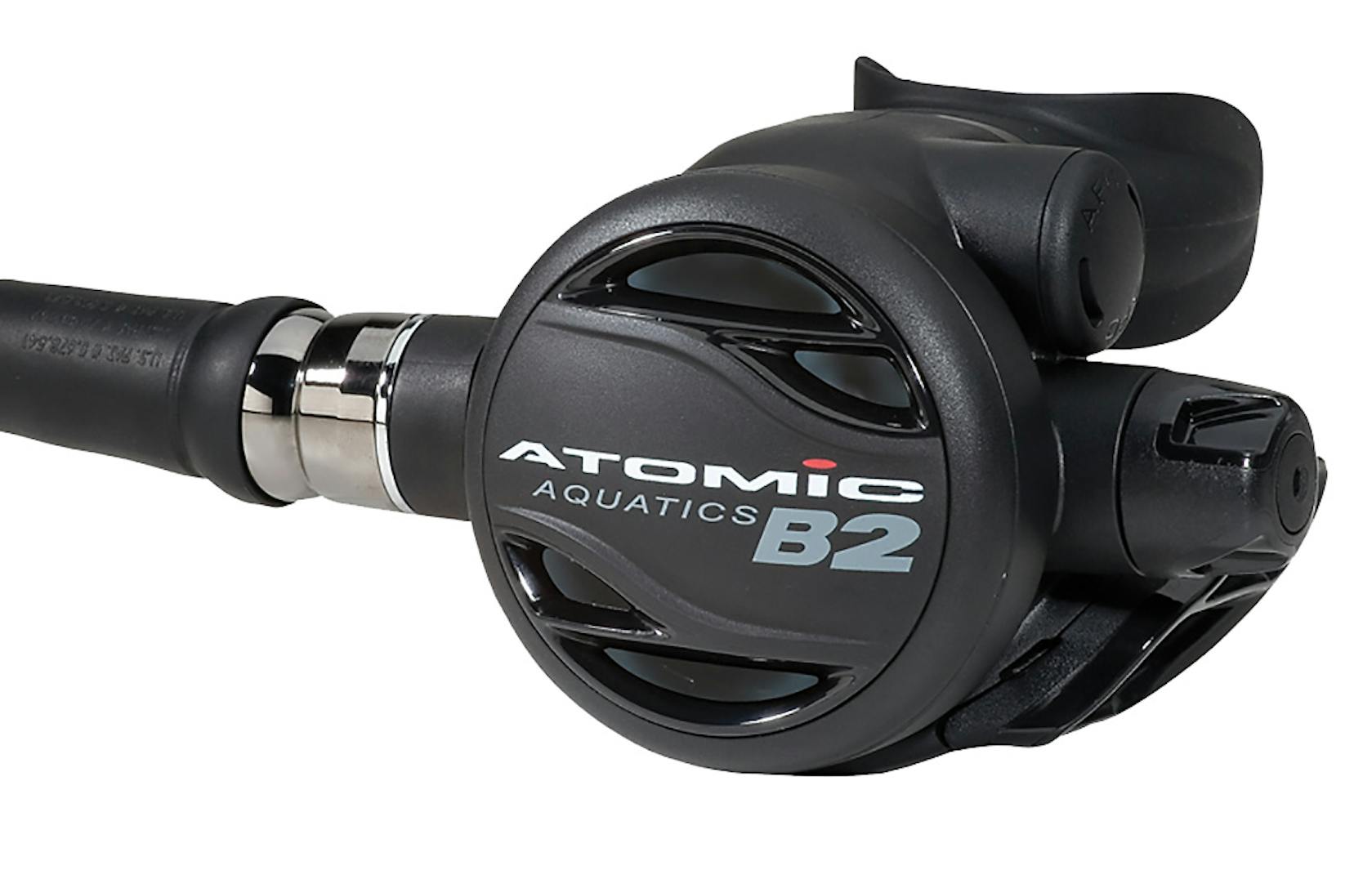Free Shipping on orders of $49+ | Signup for Direct Rewards
Free Shipping on orders of $49+ | Free Store Pickup | Signup for Direct Rewards
Free Shipping on orders of $49+ | Signup for Direct Rewards
Free Shipping on orders of $49+ | Free Store Pickup | Signup for Direct Rewards

Welcome to our latest staff picks blog post where we dive into the exciting world of scuba diving equipment! Today, we are exploring scuba regulators recommended by our team of experts. If you're a diving enthusiast looking for top-notch gear to enhance your underwater adventures and ensure easy breathing, you're in the right place. Here are some of the top-performing scuba regulators on the market that will elevate your diving experience to new heights!
The Atomic TFX Regulator is a powerhouse when it comes to delivering top-notch performance underwater. Crafted with precision engineering and cutting-edge technology, this regulator is designed to provide divers with unparalleled breathing comfort. The balanced piston design ensures smooth airflow at all depths, making it ideal for both recreational dives and technical explorations.
One of the standout features of the Atomic TFX Regulator is its comfort swivel that allows for effortless movement and positioning of the hose. This innovative design reduces jaw fatigue and enhances the overall diving experience. Additionally, the environmentally sealed first stage prevents contamination and ensures consistent performance in various diving conditions.
With its sleek design and superior functionality, the Atomic TFX Regulator is a favorite among divers who prioritize quality and reliability in their gear. Whether you're an experienced diver or just starting out, this regulator will undoubtedly take your underwater adventures to the next level!

Looking for a reliable scuba regulator that offers legendary performance? The Aqualung Leg3nd MBS Regulator might just be the choice for you. With its innovative Master Breathing System (MBS), this regulator provides effortless and natural breathing underwater.

Designed with precision engineering, the Aqualung Leg3nd ensures smooth airflow at all depths, making it ideal for both beginners and experienced divers alike. Its lightweight design and comfortable mouthpiece make it a favorite among those who value comfort during long dives. To protect the first stage internal parts from contamination and corrosion, the Auto Closure Device (ACD) keeps the inlet shut when the first stage is not connected to a cylinder valve.
The auto-balanced first stage of this regulator delivers consistent air pressure, while the adjustable venturi switch allows you to customize your breathing resistance according to your preferences. Whether exploring coral reefs or deep wrecks, the Aqualung Leg3nd MBS Regulator will enhance your diving experience like never before.
The ScubaPro MK19 EVO Black Tech/G260 Carbon Black Tech Regulator is designed to meet the needs of even the most demanding divers. The MK19 EVO first stage offers excellent breathing sensitivity, allowing for smooth and easy inhalation at any depth. Its balanced diaphragm design ensures consistent airflow, while the G260 second stage delivers precision control over your breathing rate.
Constructed from lightweight carbon fiber, this regulator is built to withstand the rigors of deep-sea exploration without weighing you down. With a weight of 24 grams less than the standard G260, you won't exhaust your jaw. Plus, the sleek black design not only looks great but also adds a touch of sophistication to your dive gear collection.
Whether you're exploring vibrant coral reefs or venturing into icy underwater caves, the ScubaPro MK19 EVO Black Tech/G260 Carbon Black Tech Regulator will enhance your diving experience with its reliable performance and comfortable breathing dynamics.


The Atomic B2 Scuba Regulator is a top choice for divers looking for exceptional performance and reliability. With its lightweight design and effortless breathing experience, it's no wonder why this regulator is highly recommended by professionals in the diving community. The patented comfort swivel allows for effortless movement and positioning of the hose. Additionally, with the automatic flow control, you can breathe naturally at any depth without thinking about making adjustments. It eliminates the need for manual adjustments to regulate Venturi effect as you dive deeper.
A scuba regulator is a device that reduces the high-pressure air from a scuba tank to a breathable pressure and delivers it to the diver. It consists of a first stage, which attaches to the tank, and a second stage, which the diver breathes from.
A scuba regulator works in two stages. The first stage attaches to the tank and reduces the high-pressure air to an intermediate pressure. The second stage further reduces this intermediate pressure to ambient pressure, making it breathable. When the diver inhales, a valve in the second stage opens, allowing air to flow through.
It is generally recommended to have your scuba regulator serviced annually or according to the manufacturer’s specifications. Regular maintenance ensures that the regulator functions properly and safely.
A balanced regulator provides consistent airflow regardless of the tank pressure or the depth of the dive. An unbalanced regulator may deliver less air as the tank pressure decreases or as the diver goes deeper. Balanced regulators generally offer more stable performance.
An octopus, or backup regulator, is crucial for safety. It provides an additional source of air for the diver or a buddy in case of an emergency, such as a primary regulator failure or an out-of-air situation.
Store your scuba regulator in a cool, dry place away from direct sunlight and chemicals. Ensure that it is clean and dry before storage. Avoid tightly coiling the hoses, and use a regulator bag or case for protection. Regularly inspect and maintain the regulator even when not in use for extended periods.